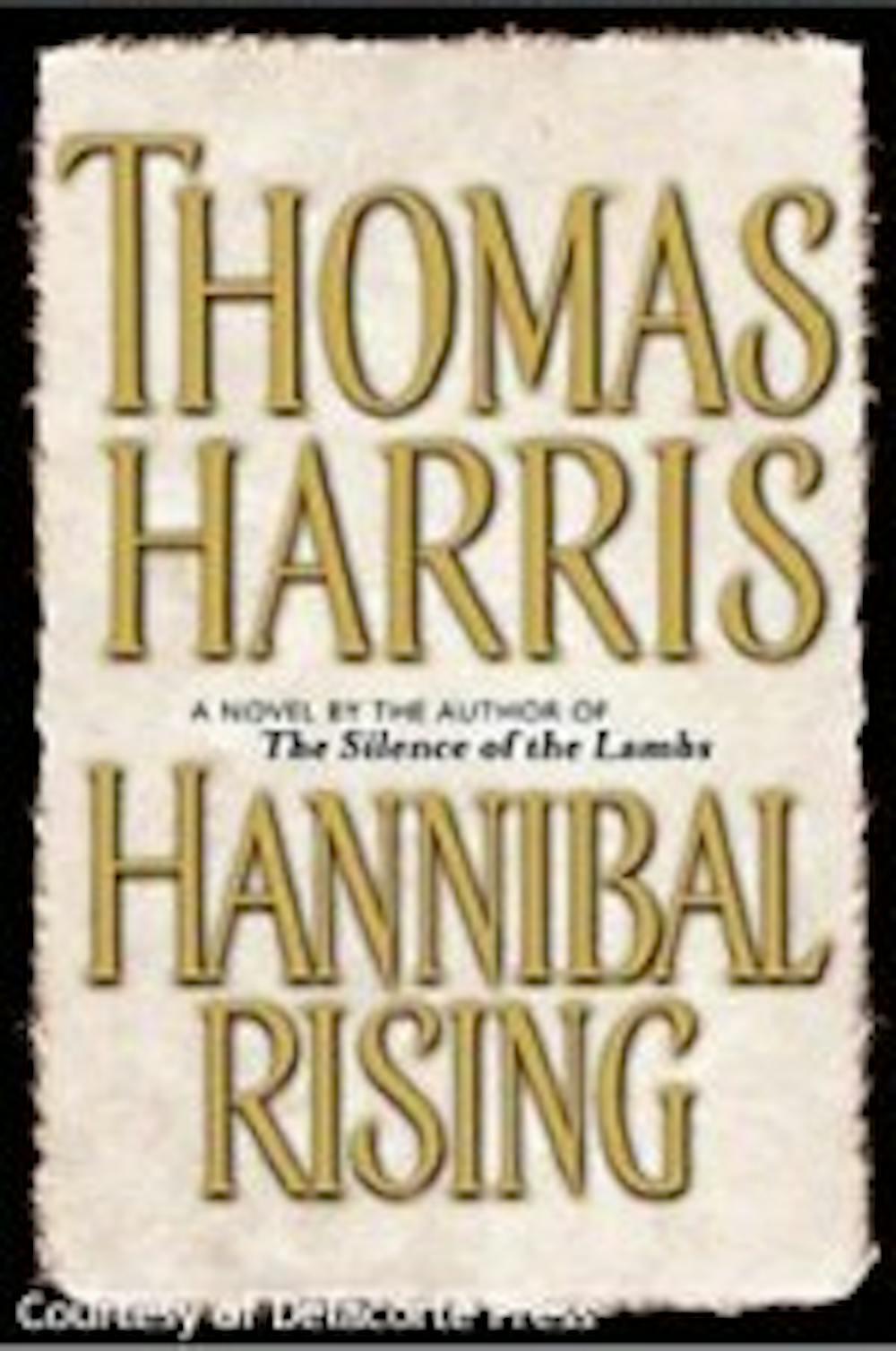Author Thomas Harris's latest installment of the wildly popular Hannibal Lechter series answers the questions that fans have been waiting for since the notorious cannibal first appeared over 25 years ago.
In "Hannibal Rising," as in so many other prequels, we are finally introduced to the man (or in this case, the child) behind the monster.
At the outset of the novel, we meet eight-year-old Hannibal Lechter, the son of a Lithuanian count who lives in fear of an encroaching Nazi regime. Fearing the worst, the family flees to a safe house in the woods. They are discovered soon after, and all but Hannibal and younger sister Mischa are killed... at least for the time being.
In a morbid twist, a bunch of rag-tag villains take over the family's safe house, eventually killing and eating Mischa in an attempt to avoid starvation.
Hannibal escapes and is placed in an orphanage until his uncle and his wife retrieve him. He is then matriculated into medical school, setting the stage for the "Good Doctor" to begin his practice.
As the story progresses, the reader can see glimpses of Harris's talents. However, "Hannibal Rising" is by no means the best in the Hannibal series. The upcoming release of the movie version is suspiciously close to the release date of the novel, which may support the notion that the book was just written to squeeze some more money out of a dying franchise.
Harris's first two novels in the series, "The Red Dragon" and "The Silence of the Lambs" were overwhelming successes, both in novel and film, and the cinematic adaptations were largely similar to the novels.
Director Ridley Scott handled the third Lechter novel, simply titled "Hannibal," with less care. The director went as far as to change the ending completely, unwilling to accept the notion of Hannibal and Clarice becoming an item at the conclusion. It was a twist that was hard for many readers to swallow.
Aside from the characters of Hannibal and Lady Murasaki, the characters in Harris's fourth novel fall flat. Perhaps this was Harris's intention however, as readers see most of Hannibal's young life and can commiserate with his detachment from people and society in general.
Read can surely understand the "how's" and "why's" of Hannibal's rising monster within. Harris' major shortcoming, however, is his attempt to humanize Hannibal Lechter by pitting him up against characters that are supposed to be even more villainous than he is. We are seemingly forced to root for one murderer over another, no matter what the reasoning for the murders was, be it revenge or starvation.
"Hannibal Rising" is worth the read, especially if the reader is planning on seeing the film adaptation. Harris is a talented writer, and Hannibal Lechter is an intensely fascinating character whose infamy ranks up there with the Wicked Witch of the West and Norman Bates. However, Hannibal Rising will hopefully be the last in the series, as Harris has seemingly milked the dear Doctor for all he's worth.





